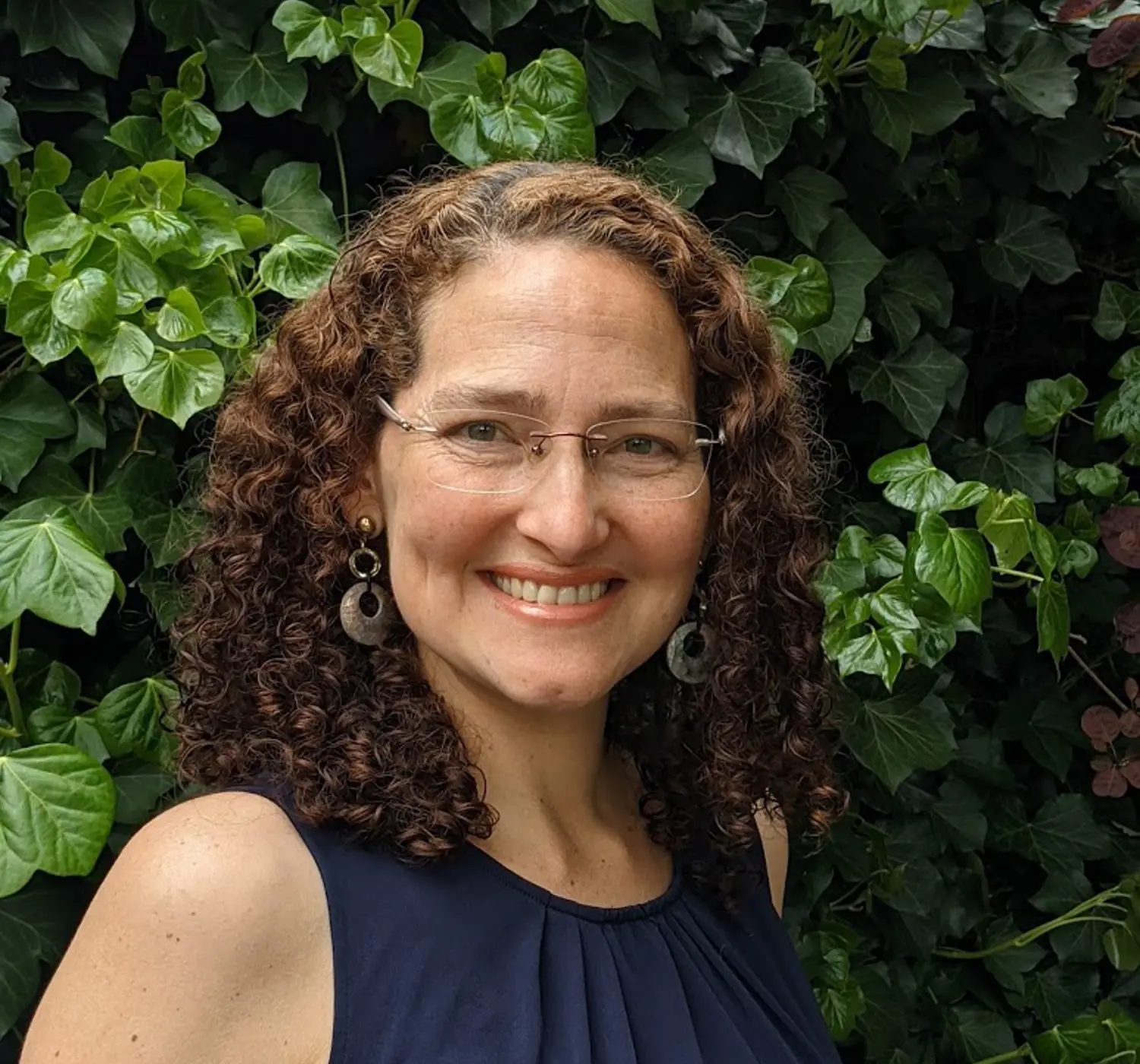
Dr. Maria C. Cuellar recently joined the Planet B.io team as Science and Technology officer. Maria is a Bioprocess engineer, with a focus on bioprocess integration and with sustainability as purpose. She has a vast experience in formulating and leading projects both in industry and academia. Maria will take responsibility on all activities within Planet B.io that require technical and scaleup knowledge.
We had a talk with her about her career and experience.
Why did you say yes to joining Planet B.io?
It is three things that made me say yes to joining Planet B.io. When I came to Delft in the Netherlands, 20 years ago, the Biotech Campus Delft was really a DSM site. The change of vision, seeing the site opening up, attracting other type of biotech companies, showing the rest of the world what we do here in Delft, really sparked my interest. The second thing is the area in which Planet B.io operates. The fact that it is connecting startups in biotechnology, with knowledge institutes, with corporates – trying to connect all these worlds and putting all the expertise, knowledge and talent in industrial biotech together to make it happen, really got me exited to join and contribute based on the experience that I have. And last but not least, the team. It is a small, young team working in a very agile way. Looking into opportunities and getting it done. That is what makes me tick.
What inspired you to study biotechnology / bioprocess engineering?
Back in Colombia, where I grew up, I did my bachelor’s in food engineering. You have to imagine that during my studies the first Jurassic Park movie came out, and Dolly the Sheep, the first cloned mammal, was born. The potential of biotechnology was highlighted in the media constantly and I really got attracted to that. Towards the end of my study I did a course on biotechnology, in which I actually did some genetic modifications on a bacteria myself. The fact that the bacteria did what I wanted it to do, was mind blowing. After attending a symposium on application of enzymes in food technology, I was hooked. At the time there were no master programs that were really process technology oriented in Colombia, so I decided to leave the country and came to the Netherlands to study bioprocess engineering at the TU Delft.
How was your encounter with the business world?
After I finished my PhD, I had the opportunity to stay at the TU Delft as an assistant professor. I was given a lot of room to set my own research line from scratch. I supervised many PDEng trainees which gave me the opportunity to take a peek into the kitchen of different companies, and understand some of the issues they were facing. On the other hand, part of the research my group did spun out in the startup DAB (resident at Planet B.io, red.).
My job wasn’t a typical assistant professor profile because of all the diversity in topics and projects. After 10 years in academia, I decided I wanted to experience Industrial Research & Development and joined the DSM Biotechnology Center in Delft, where I could experience how short and long term projects were executed, and what it takes to bring innovations and process improvements to manufacturing.
What advice would you give young entrepreneurs from academia?
If you are working on innovation in biotechnology, specifically, there are two aspects that need to go hand in hand. You need to have a business case. It is never too soon to start thinking about your value proposition. Who are your potential clients? Is there really room for you?
At the same time, you need to prove your technology. You need to have that proof of concept. It will be a long and though trajectory, but each step you take should be solid. And that is where the Planet B.io ecosystem can be of great value, to support you in taking those next steps.
